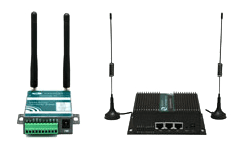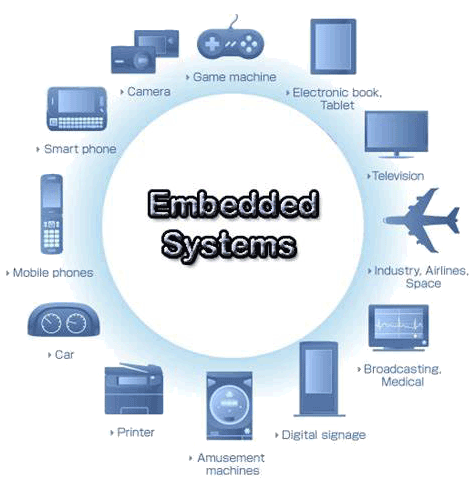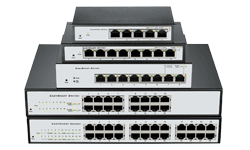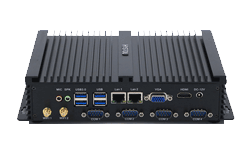Differences between 4g sim router and gateway
The differences between a gateway and a router are as follows:
A gateway can be a router, switch, or PC. For communication within the same network segment, it is not necessary to involve the gateway. Only when the host and non-local network segment devices communicate, it is necessary to send all the data packets to the gateway device, and then forward or route them through the gateway device.
A 4g sim router is a network layer system. Generally speaking, routers in the market are divided into two categories, one is single-protocol router, and the other is multi-protocol router.
The relationship between gateway and route can be expressed as: gateway is the foundation of network connection, and route is the bridge of network connection.
Routers use static or dynamic routing to determine the shortest path between networks. While static routing requires an administrator to set it manually, dynamic routing USES protocols to dynamically discover paths between networks and determine shortest paths.
Now, routers integrate gateway functionality, so routers also have gateway functionality.
From the definition of gateway and router, you only need a gateway to connect two networks, .
Suppose there are only two networks: network A and network B
To enable network A and network B to communicate, only use the gateway to connect the two networks, because there are only two networks, and do not need to determine the shortest path between the networks.
If multiple networks need to be connected, in order to ensure the reliability of the network, the network structure needs to be designed as a full network or a partial network. In this way, two devices, gateway and router, are needed for the communication between networks. Because the current router integrates the functions of the gateway, only one device, router, can be used.

 Networking
Networking EMBEDDED SYSTEMS
EMBEDDED SYSTEMS Switches
Switches Wireless Solutions
Wireless Solutions Industrial Computer
Industrial Computer Cloud Services
Cloud Services



